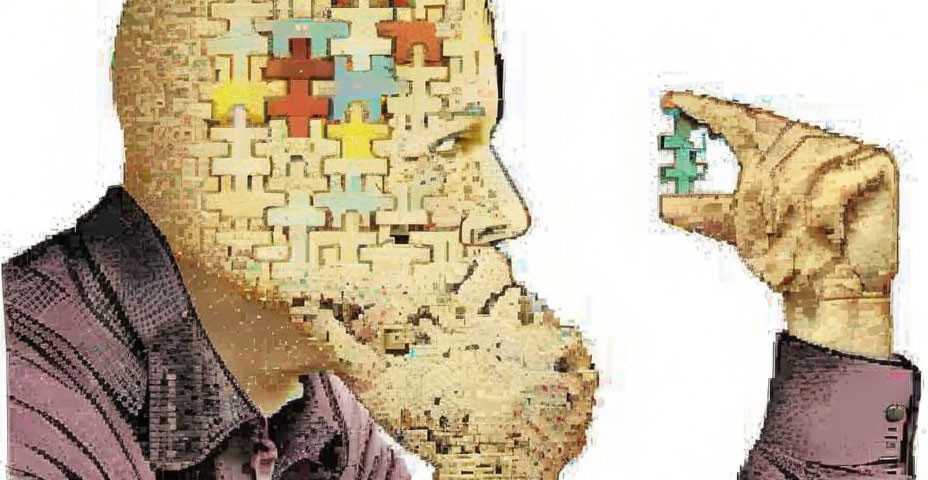
Critical thinking?
Critical thinking is the process of analyzing, evaluating, and synthesizing information in a logical and systematic way. It involves using reasoning and evidence to form judgments and make decisions based on sound, rational thought.
Critical thinking requires individuals to question assumptions, examine evidence, and evaluate arguments. It involves being open-minded, objective, and considering multiple perspectives to arrive at a well-reasoned conclusion.
Some key skills involved in critical thinking include:
Analyzing information: breaking down complex information into smaller parts to understand it better.
Evaluating evidence: examining the reliability and validity of information, and assessing its relevance to a particular situation or problem.
Forming judgments: weighing up evidence and arguments to arrive at a reasoned conclusion.
Considering multiple perspectives: being open-minded and considering different viewpoints and opinions.
Problem-solving: using critical thinking to identify problems and find solutions.
Developing critical thinking skills can lead to better decision-making, problem-solving, and more informed judgments. It is a valuable skill to have in both personal and professional settings, as it can help individuals to better understand complex issues and make more effective decisions.
Using reasoning and evidence to form judgments means that individuals must rely on facts, logic, and critical analysis to arrive at a conclusion. This involves questioning assumptions, considering multiple perspectives, and examining the evidence to reach an informed decision.
When using reasoning and evidence to form judgments, individuals must be careful to avoid relying on personal biases, emotions, or other non-rational factors. This requires a willingness to question one's own assumptions and beliefs, and to be open to the possibility of being wrong.
In order to use reasoning and evidence effectively, individuals must be able to identify reliable sources of information, evaluate the credibility and relevance of the evidence, and weigh up the different arguments and perspectives involved. This requires an ability to think critically and analytically, and to make use of the tools and techniques of reasoning, such as logic, deduction, and induction.
Overall, using reasoning and evidence to form judgments is a key part of critical thinking, and is essential for making informed decisions and arriving at sound conclusions in both personal and professional settings.
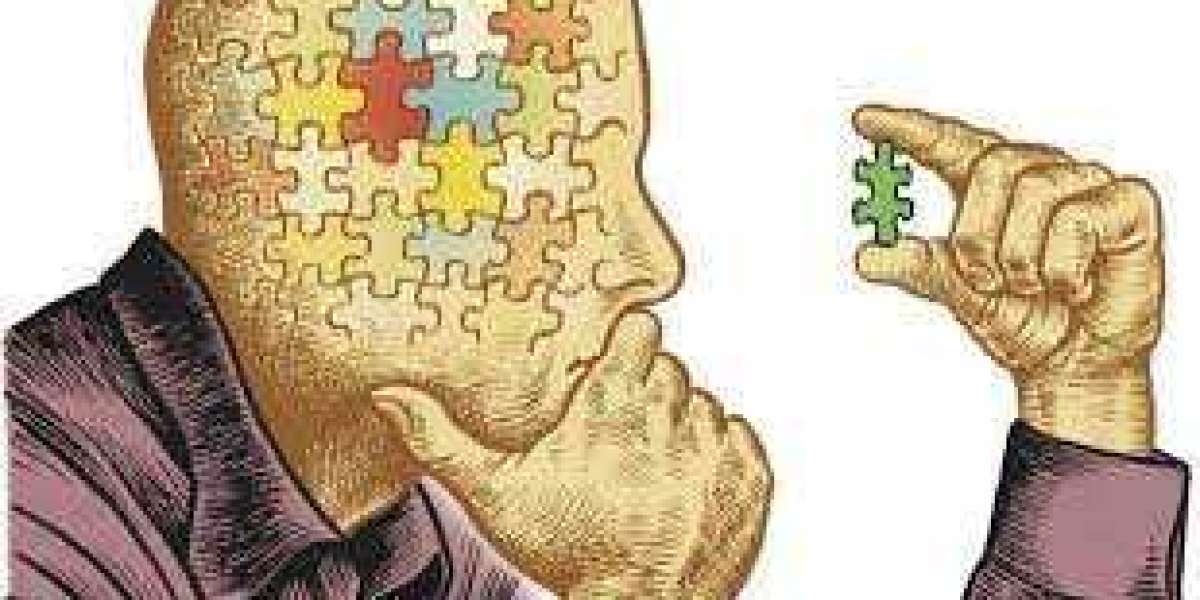
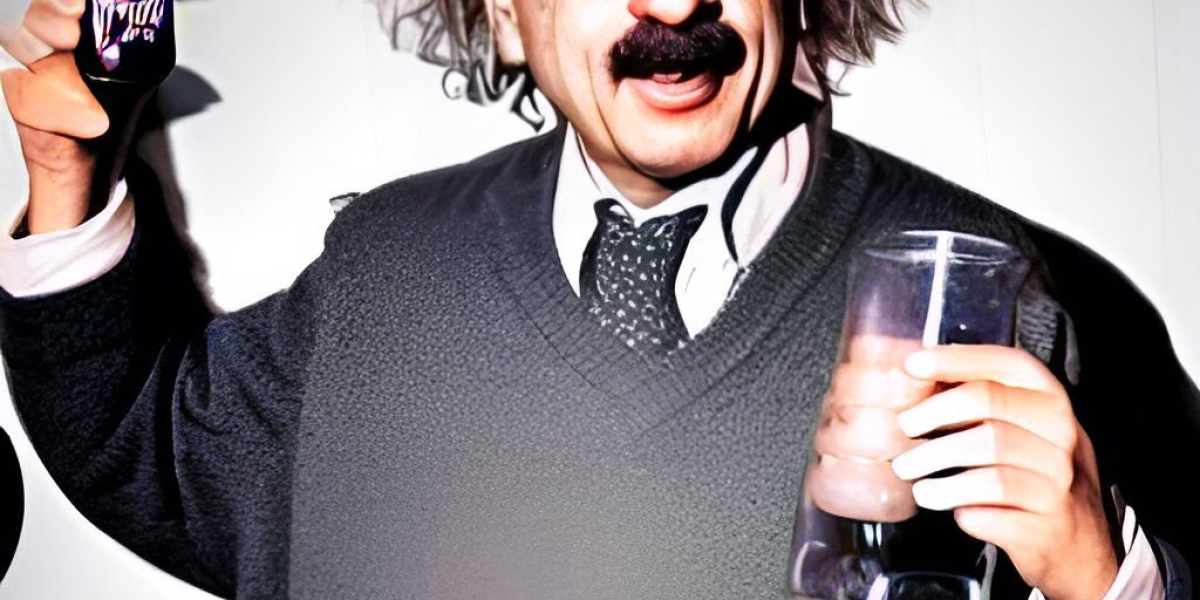
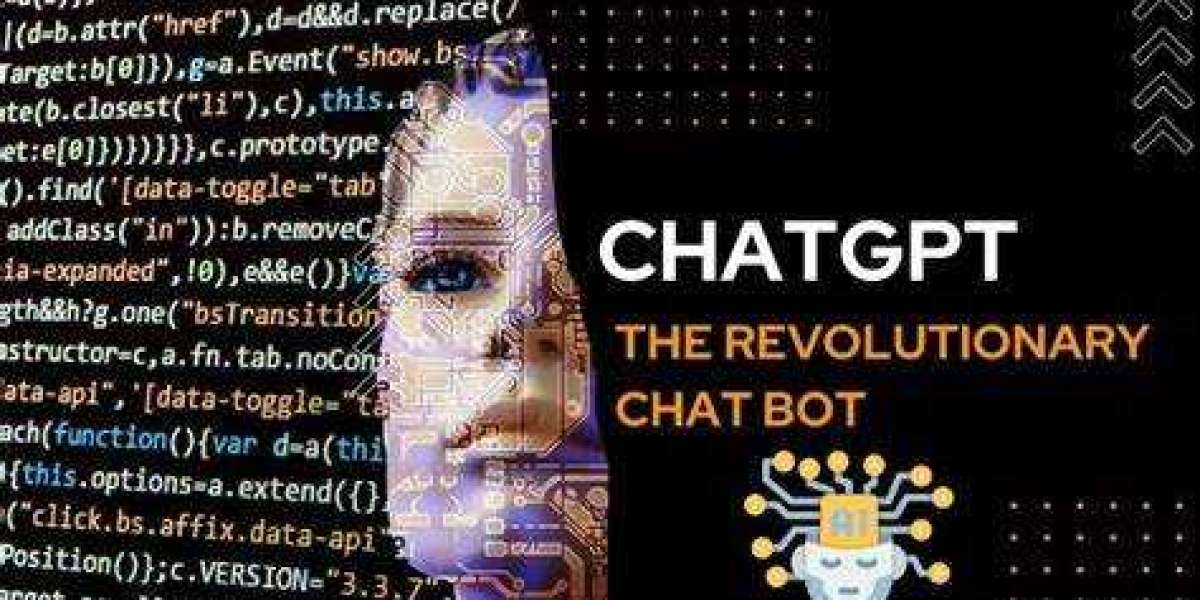
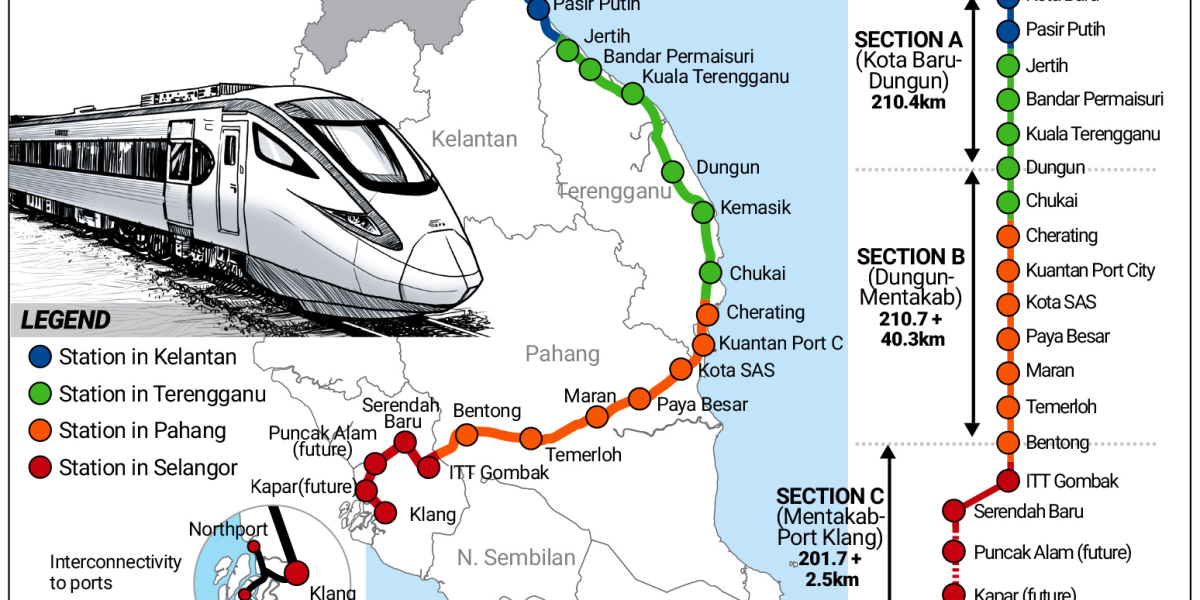




Imran Khan 1 よ
Critical thinking must needed in every situation.